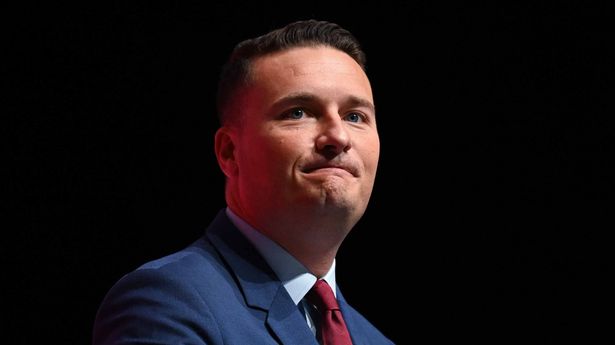Medics will be allowed to opt out of work on assisted dying if it becomes law, the Health Secretary has said.
Wes Streeting said this will be a "red line" - as he suggested new regulations could cause resources to be redirected from other NHS services. MPs are set to debate a controversial new Bill which would make assisted dying legal after it was put forward by Labour backbencher Kim Leadbeater.
Mr Streeting - who does not support assisted dying - told Times Radio: "It would be a big change. There would be resource implications for doing it. And those choices would come at the expense of other choices. And of course, we'd need to work through with the medical profession what would be a very new way of working.
"No one should be compelled, for example, to take part in assisted dying if they've got moral or ethical objections as clinicians. That certainly would be one of my red lines."
Read our in-depth explainer on the assisted dying bill here
Mr Streeting has said he will vote against making assisted dying legal. But MPs will be given a free vote - meaning they're not required to vote along party lines. Supporters say the UK law would have the strongest safeguards in the world, including jail terms for those who apply pressure on patients.
But critics argue it could lead to people feeling compelled to end their lives, and will have a negative effect on disabled and vulnerable people.
Asked about the budget implications of allowing it to happen, Mr Streeting said: "If parliament chooses to go ahead with assisted dying, it is making a choice that this is an area to prioritise for investment. And we'd have to work through those implications."
Ms Leadbeater has told MPs they have a “duty to fix things that aren’t right”. She said that “even with the best palliative care” people were having “harrowing, horrible deaths” or were taking their own lives because their needs can’t be met.
Campaigner Dame Esther Rantzen has hailed the new "wonderful" Bill, but admitted she regrets that it would probably come in too late for her. Dame Esther, who has terminal cancer and revealed in December that she had joined Dignitas due to the current law in England, said unless her current medication turns out to be "totally miraculous" and extends her life by a few years "there's no way an assisted dying law can come into force in time for me".
Dr Gordon Macdonald, chief executive of campaign group Care Not Killing, claimed the Bill was being "rushed with indecent haste". He accused it of ignoring "the deep-seated problems in the UK’s broken and patchy palliative care system and the crisis in social care". Dr Macdonald pointed to research in the US state of Oregon, which found over half who chose assisted dying believed they had become a burden to friends and family.
He urged MPs to reject the Bill, which he said would "put pressure on vulnerable people to end their lives".
